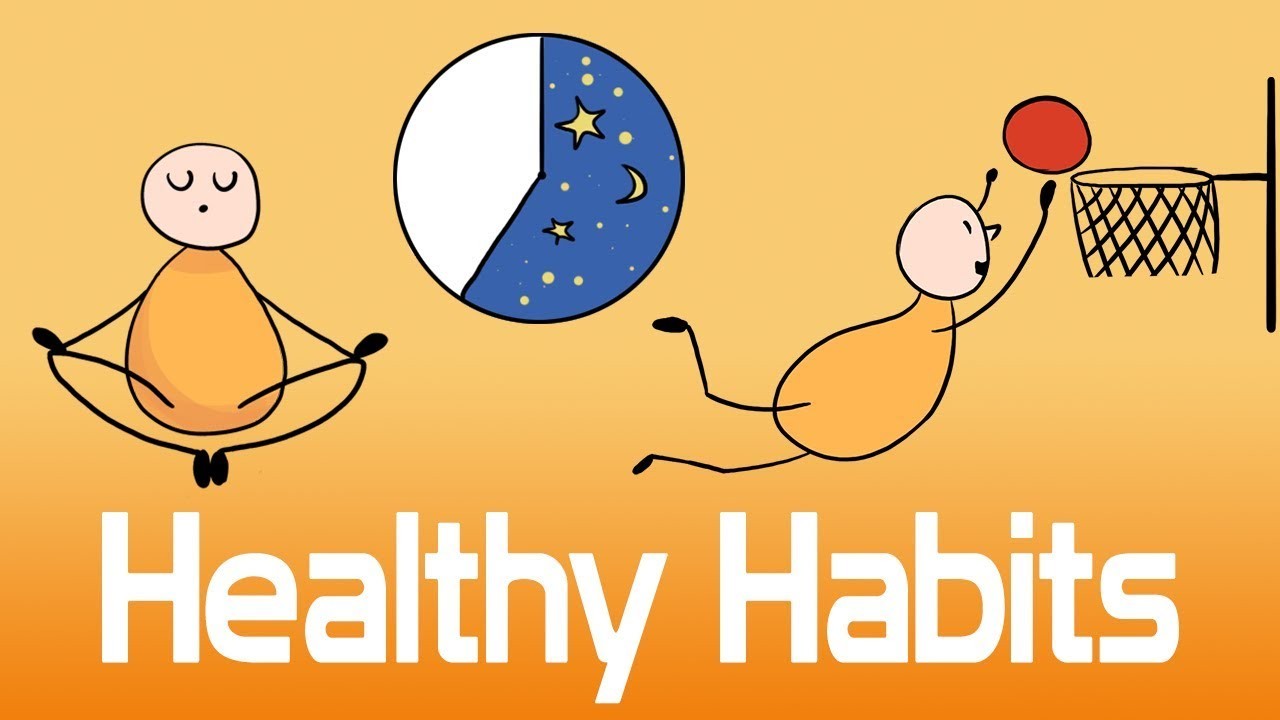In a world that often operates at a relentless pace, the pervasive reliance on caffeine to jumpstart mornings and combat afternoon slumps has become almost a cultural norm. From the bustling streets of Bangkok where iced coffees are a staple, to global boardrooms fueled by espresso, caffeine offers a quick, albeit sometimes temporary, jolt. However, for many, this reliance can lead to energy crashes, jitters, disrupted sleep, or simply a desire to find more sustainable and natural pathways to vitality. Fortunately, the human body possesses an incredible capacity to generate and sustain energy, and by understanding its nuanced needs, individuals can cultivate a robust sense of vigor without ever needing to brew a single cup of coffee or open an energy drink.
One of the most fundamental yet often overlooked strategies for boosting energy naturally is through optimizing sleep hygiene. While it might seem obvious, chronic sleep deprivation is perhaps the most significant culprit behind persistent fatigue. It’s not just about the hours slept, but the quality of that sleep. Establishing a consistent sleep schedule, even on weekends, helps regulate your body’s natural circadian rhythm, signaling to your brain when to be alert and when to wind down. Creating a conducive sleep environment—dark, cool, and quiet—and avoiding stimulating activities like screen time before bed, can significantly improve sleep quality. When your body truly rests and repairs during deep sleep cycles, you wake up naturally refreshed and energized, rather than relying on external stimulants to kickstart your day.
Beyond sleep, consistent and strategic hydration plays a surprisingly critical role in energy levels. Even mild dehydration can lead to fatigue, reduced cognitive function, and diminished physical performance. Water is essential for countless bodily processes, including nutrient transport, waste removal, and maintaining optimal cellular function. Imagine a car running low on oil; it simply won’t perform efficiently. Similarly, your body needs adequate water to function optimally. Make a conscious effort to sip water throughout the day, perhaps carrying a reusable bottle, and be mindful of your intake, especially during humid conditions or after exercise. Often, what feels like an energy dip is simply a signal that your body needs more fluids.
Physical activity, paradoxically, is a potent energy enhancer. While it might seem counterintuitive to expend energy to gain it, regular exercise boosts circulation, delivers more oxygen and nutrients to your cells, and stimulates the release of endorphins—natural mood elevators that combat fatigue and improve overall well-being. Even a short, brisk walk can significantly increase alertness and mental clarity. For instance, taking a quick five to ten-minute stroll during a workday, perhaps around a green space like Lumphini Park, can effectively dispel afternoon drowsiness. The key is consistency and finding an activity you genuinely enjoy, as this makes it sustainable and less likely to feel like a chore. The more regular your movement, the more robust your natural energy production becomes.
Nutritional choices also exert a profound influence on your energy levels. Instead of relying on sugary snacks or processed foods that offer a fleeting energy spike followed by an inevitable crash, focus on a diet rich in whole, unprocessed foods. Complex carbohydrates, found in whole grains, fruits, and vegetables, provide a steady release of glucose, ensuring sustained energy without blood sugar rollercoaster rides. Lean proteins and healthy fats help stabilize blood sugar further and contribute to satiety. Nutrient deficiencies, particularly in B vitamins, iron, and magnesium, can manifest as fatigue. Ensuring adequate intake of these through a varied diet or targeted supplementation (under professional guidance) can significantly boost energy production at a cellular level. Consider a vibrant salad with mixed greens, legumes, and nuts over a sugary pastry for a mid-day pick-me-up; the difference in sustained energy is remarkable.
Managing stress effectively is another critical, yet often underestimated, strategy for preventing energy depletion. Chronic stress can hijack your body’s resources, constantly putting your system into “fight or flight” mode, which is incredibly taxing on energy reserves. Incorporating stress-reducing practices into your daily routine, such as mindfulness meditation, deep breathing exercises, yoga, or spending time in nature, can help calm the nervous system and prevent energy drain. Even just five minutes of focused breathing when feeling overwhelmed can make a significant difference, conserving mental and physical energy that might otherwise be consumed by anxiety.
Finally, strategic exposure to natural light plays a powerful role in regulating your circadian rhythm and boosting alertness. Our bodies are designed to respond to natural light cues. Spending time outdoors, especially in the morning, signals to your body that it’s daytime, enhancing alertness and suppressing melatonin production. Even on cloudy days, natural light is far more impactful than artificial indoor lighting. If outdoor time is limited, consider a light therapy lamp to simulate natural daylight. This simple habit can significantly improve sleep quality at night and elevate energy levels throughout the day without any stimulants.
In conclusion, breaking free from the caffeine cycle and cultivating sustained energy is entirely achievable by tuning into your body’s natural needs. By prioritizing consistent, quality sleep, maintaining optimal hydration, engaging in regular physical activity, making mindful nutritional choices, actively managing stress, and embracing natural light exposure, individuals can tap into their innate vitality. These holistic strategies offer a far more sustainable, balanced, and ultimately more rewarding pathway to a vibrant and energetic life, proving that true vigor comes from within, not from a cup.





